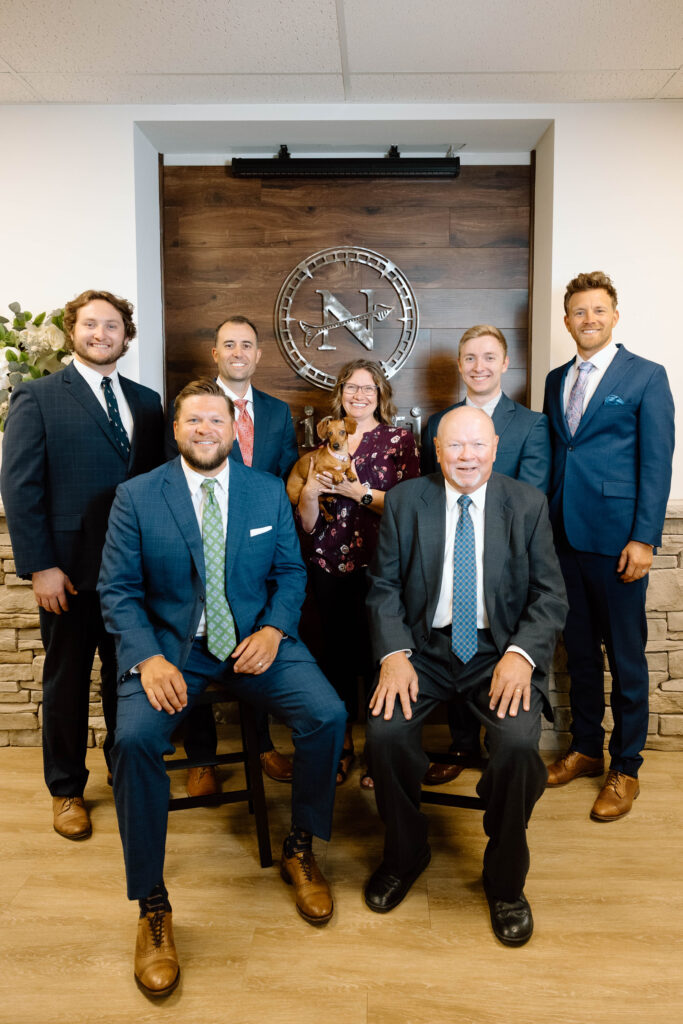As your employees edge closer and closer to retirement, you as the employer have to come to terms with two not so pleasing facts.
One, you are about to lose some of your favorite and most productive employees whom you’ve grown fond off over the years, and two, you might be unable to find someone to fill their shoes once they retire.
While this may seem disheartening, it remains the sole responsibility of the employer to ensure a smooth and fulfilling transition into retirement for their employees. If you’re like most employers, you probably have no idea of what to do or where to start. Don’t worry; we have you covered.
Here are five retiring tips to help employees who are on the verge of retiring from work
1. Ease Your Employees into Their Retirement Decision
The choice to retire boils down to the employee in question, but it’s up to you to streamline their decision-making process so they don’t end up regretting it in the end.
Deciding to retire can be overwhelming for most senior employees because they have grown accustomed to the work environment and have no idea on how to move forward with their lives after work.
Furnishing your soon-to-retire employees with a range of employee transition plans or appointing financial advisors to assess their financial situations will give them a new perspective on retirement so that the thought of retirement is not as scary.
2. Assist Them in Building Their Legacy
Before your workers retire, it’s essential to establish exactly what they plan to achieve after retirement and also what they leave behind after their departure.
A well thought out plan should come in place before the termination of their tenure to help them build a legacy at work. Face-to-face discussions work best for this purpose, but personal coaching could also ease their transitions to retirement.
It’s also necessary to give them access to the tools and human resources required to fulfill their desired goals. Some would want to set a new sales record or have the best barbecue ever for the team. Whatever it is, it’s up to you to give them the necessary assistance and guidance.
You should also keep in mind that not all your employees would want to leave a legacy. For most employees, a normal send off will suffice.
3. Treasure Your Employees till the Very End
It’s tempting to undervalue your ageing workers; after all, they may not be as dexterous as they used to be in their heydays. What’s more, long-serving employees tend to put a dent on your business expenditure since they’re paid more for their experience and expertise.
What most employers don’t understand is that over time, these long-time employees have built a priceless cache of knowledge and experience in their specific fields that work to the company’s advantage.
A young and vibrant team may bring energy and enthusiasm into the workplace, but they are still no match for years worth of experience. These newbies may also introduce policies that will eventually fail in an attempt to make a name for themselves in your company.
Retiring workers may have also built relationships and established rapport with your most valued customers. These customers significantly contribute to your business’ wellbeing. This would not have been the case if not for this long-established employee-customer relationship.
It also doesn’t hurt to give your old employees the respect they deserve for putting their time and effort into making what your enterprise is today. Remember to appreciate your retiring workers till the end and also carefully consider your choice of words when inquiring about their retirement, so as not to give the wrong impression.
4. Offer Alternatives to Full Retirement
Some employees dread the thought of retirement while others relish the idea and would gladly stop working the instant they get the heads up to retire. To cater to both groups of employees, you should consider the various options to full retirement.
These options include other work arrangements in advisory boards or consultation positions, so they still play a role, though small, in keeping the company up and running.
This will also make things less hectic when you roll out new staff members since they can learn the ropes from the retiring staff until they get the hang of things. These work arrangements also open up part-time positions for interns who could later be valuable additions to your workforce when the time comes.
5. See Them into Their Retirements
After spending a considerable part of your life at work, finding purpose and expanding their social circles can be very difficult for your just retired employees. The camaraderie amongst former employees who have spent a lot of years together is hard to replicate outside work.
Some employees also find it hard to bring meaning to their lives. At least at work, they served a crucial part of a holistic system that much depended on their input but on retiring they may seem out of place everywhere.
For these reasons, it ‘s important to show your support to your retiring stuff through personal coaching and support programs to help them come to terms with this new phase of life they are entering.
Apart from these support programs, you should also consider giving them sound financial advice that is in line with their interests so they can make some extra money doing what they love. Hiring financial planners for your retired employees is a great step towards seeing them off gracefully into their retirements.
Summary
While retirement seems like complete bliss, there are a lot of things that go into making the transition smooth and successful.
It falls on the HR team and the management to facilitate this transition not only as an act of gratitude for their long-serving employees but also to improve the company’s image and reputation. Remember, your former employees could make or break your company, so a proper send-off will put in a good word for you outside.
Contact us today for retirement plans and programs for your soon-to-retire and newly retired employees.
This material was prepared by an independent third party. Material discussed is meant for general informational purposes only and is not to be construed as tax, legal, or investment advice. Although the information has been gathered from sources believed to be reliable, please note that individual situations can vary. Therefore, the information should be relied upon only when coordinated with individual professional advice. 2019-83150 Exp 07/21



